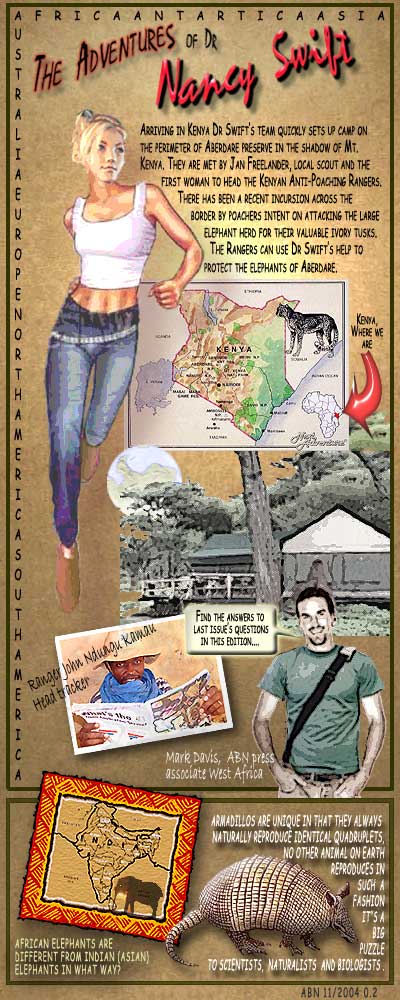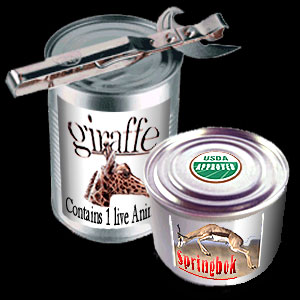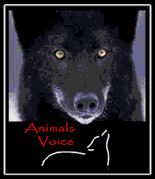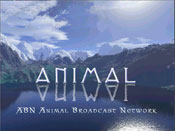Endangered Kemp’s Ridley Sea Turtles
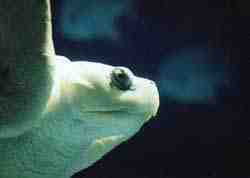
During the Thanksgiving Holiday, Clearwater Marine Aquarium (CMA's) rescue team responded to two separate incidents involving highly endangered Kemp’s Ridley sea turtles. Glenn Harman, Director of Animal Programs for CMA, reported a rescue at Crystal River Power Plant where one of the turtles was seriously damaged in the intake flow and a second response to a dead turtle at Sunset Beach in Treasure Island. That turtle was entangled in a discarded lawn chair.
The adult female Kemp’s Ridley most likely swam into the chair while looking for food and became stuck. Unable to extract herself from the chair, she drowned. She had no tags or previous wounds apparently healthy she was lost to needless pollution.
The juvenile Kemp’s Ridley dubbed Pilgrim in honor of Thanksgiving was caught in the Power Plant intake flow and also suffered from a shark bite. The bite injured both the plastron (the underside of the shell) and the carapace (the topside of the shell). The entrapment in the intake flow exacerbated the injuries. Pilgrim will require surgery to repair his plastron.
“Pilgrim needs a good year of nursing care,” said Dr. Janine Cianciolo, staff veterinarian at CMA. “He will be on antibiotics for at least two months.
“These turtles represent two of the most common problems to which we respond,” Harman said. “Each year we see at least ten turtles caught in the intakes at the power plant. They are almost always seriously injured because they get caught in the grates and hurt themselves thrashing about to try to get free. And, of course, debris dumped in the coastal waters is a significant problem. Many marine animals become entrapped and drown because careless people pollute the animal’s home environment.”
The Kemp’s Ridley sea turtles are the most endangered of all sea turtles. They primarily live in the Gulf of Mexico and along the Eastern seaboard of the United States. They are the smallest of all the sea turtles ranging in size from 80 to 100 pounds. They are one of only two species that nest in large groups and are the only species to nest exclusively during the daytime.
Working to rescue and rehabilitate these endangered sea turtles fulfills the mission of Clearwater Marine Aquarium. The marine animal rescue organization is dedicated to preservation and public education.
______________________
And from Oceana.org: "The Marine Mammal Protection Act has successfully protected dolphins, whales, and other marine mammals for more than 30 years..." read more.

